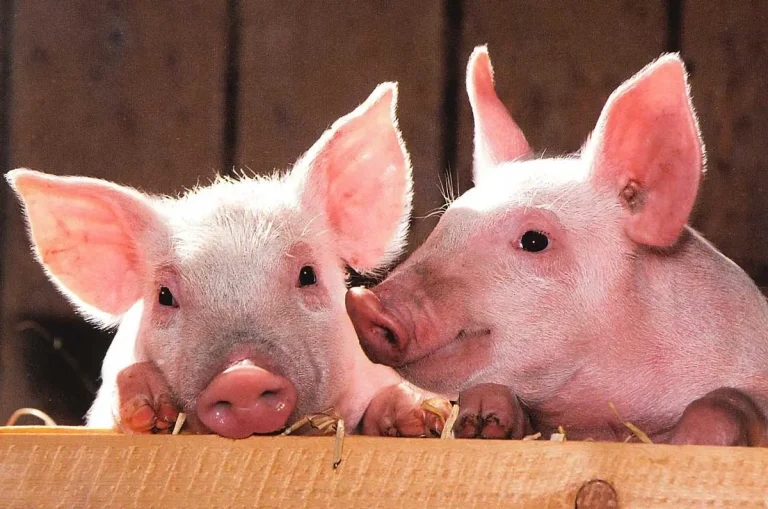24 Nov 2025
Farmers have been urged to take immediate action after data shows rise in confirmed cases caused by Brachyspira hyodysenteriae.

Vets and other experts are calling on pig farmers to improve their biosecurity measures amid a rise in swine dysentery cases.
Data from the APHA and Scotland’s Rural College’s GB Pig Surveillance Dashboard shows that confirmed cases of swine dysentery caused by Brachyspira hyodysenteriae have risen year-on-year from eight in 2021 to 55 in 2024.
The Agriculture and Horticulture Development Board’s (AHDB) Significant Diseases Charter reported 12 swine dysentery cases across seven counties – including one in Scotland – up to 11 September this year, while the dashboard recorded 23 cases up to the last reporting date on 24 October.
Roam Technology biosecurity specialist Nigel Bennet suggested the data highlights a breakdown both within and between pig units.
He said: “We all know that African swine fever is knocking at our door. This data shows there are already biosecurity weaknesses that are allowing diseases like swine dysentery to spread.
“Every movement of people, vehicles or animals has the potential to bring new infections in or spread them around the site.”
He added: “Good biosecurity isn’t just about stopping swine dysentery, it’s about protecting the overall health, productivity and reputation of your farm.
“By keeping infectious diseases out – or stopping them spreading – producers can safeguard pig welfare, reduce antibiotic use and protect their bottom line.”
Roam Technology is recommending producers employ a range of measures, including strict visitor protocols, vehicle controls, maintaining a clean water supply, separating clean and dirty areas, all-in, all-out systems, rodent and wildlife control and quarantining new stock for routine monitoring and diagnostics.
AHDB’s lead animal health and welfare scientist Lauren Turner suggested there was a “stigma around reporting swine dysentery”, but urged the industry to improve. She said: “The earlier we can alert others, combined with good biosecurity, the better.”
The AHDB recently relaunched its Muck Free Truck campaign to emphasise the importance of clean vehicles entering farms and urging producers to turn away those that aren’t.
In July, it secured 12-month licences for pig farmers and vets to access the Biocheck tool that assesses farm biosecurity and highlights areas for improvement.
Vet Annie Davies urged farmers to test their animals, and added: “Internal biosecurity is just as important as external.
“Look closely at pig movements, shared equipment and medication protocols. Where disease pressure is too high, partial depopulation or repopulation may be the only effective option.”